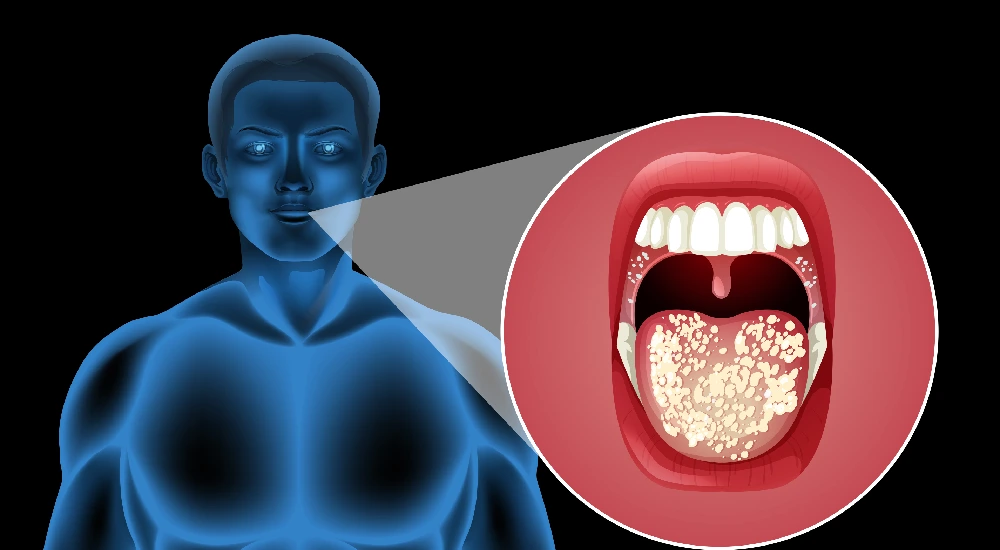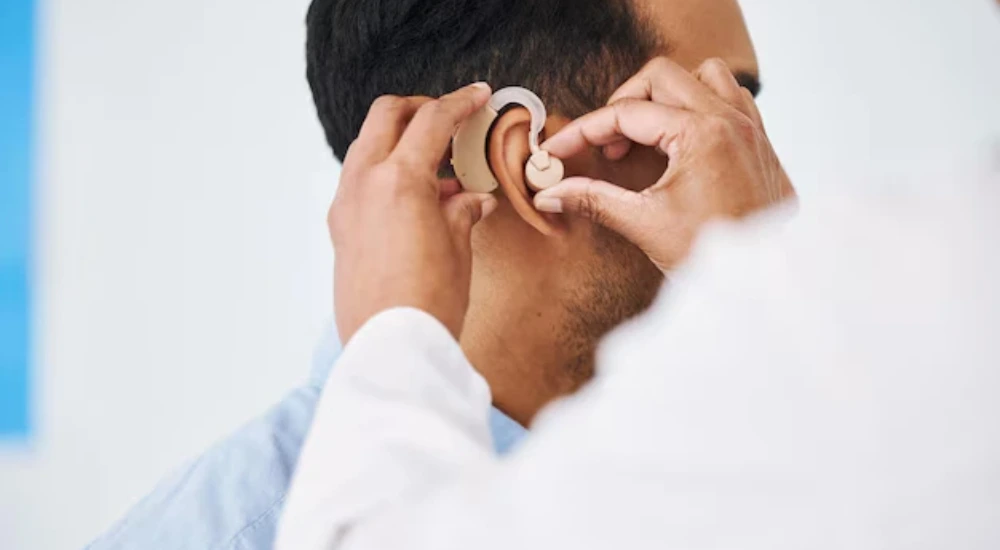
Do you have trouble in swallowing?
Difficulty in swallowing is commonly known by the medical term 'Dysphagia'. The word 'dys' is derived from a Greek word meaning disordered.
It is a situation where an individual faces a difficulty in swallowing food or liquid from his mouth to the stomach. It is commonly found among older adults, babies, and people who have problems related to brain or nervous system.
What are the causes for Dysphagia?
The muscles in the throat and the lower esophagus begin to shrink thereby preventing the passage of solid foods and liquid from the mouth to the stomach. Some of the common problems of Dysphagia are as follows:
- The muscles and nerves which help in transferring the food via throat and esophagus are not working properly. It might occur due to a stroke or a spinal cord injury.
- Achalasia :Achalasia is a condition where the smooth muscle fiber does not relax properly to permit the food to enter your stomach. It may sometimes lead to bringing the food back up into your throat.
- Diffuse Spasm :It is a condition which generates multiple high pressure and poor contractions of the esophagus. It usually occurs after an individual swallow the food. It severely affects the internal muscles present in the walls of lower esophagus.
- Esophageal stricture :An esophageal stricture is a narrowing of the esophagus blocking large pieces of solid food and thereby leading to inflammation and formation of scar tissue.
- Esophageal Tumors :The presence of esophageal tumors makes it difficult in swallowing solid foods and liquids.
- Eosinophilic esophagitis :It is a food allergy which is caused due to over-population of cells in the esophagus known by the name 'Eosinophilic'.
Complications related to Dysphagia:
- Dysphagia could lead to malnutrition, weight loss, and dehydration. It is caused due to lack of nourishment and fluids.
- Solid foods and liquids passing through your airway could end up in Respiratory Problems such as pneumonia and upper respiratory infections.
How to prevent Dysphagia?
Even though Dysphagia can't be prevented, you can reduce the chances of swallowing difficulties by chewing and consuming the food slowly. Early detection and proper treatment of Gastro esophageal reflux disease (GERD) can also help in reducing swallowing difficulties.
Some of the lifestyle and home remedies to prevent swallowing difficulties are as follows:
- An individual must make sure that the food is prepared in small pieces before consuming it.
- Try to avoid thin liquids and sticky foods such as coffee, juice, peanut butter and caramel. These food items could lead to difficulty in swallowing.
- Avoid intake of alcohol, tobacco, and caffeine.
- There are certain exercises which help in coordinating the swallowing muscles and revive the nerves that activate the swallowing reflex.
- Get acquainted with swallowing techniques such as properly placing the food in your mouth as well as positioning the body and head to swallow your food smoothly.
Share This Story, Choose Your Platform!






